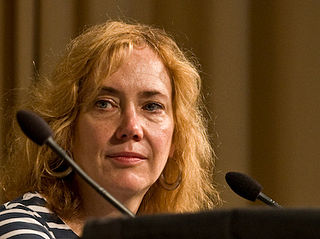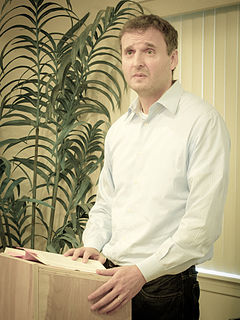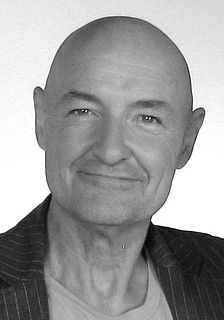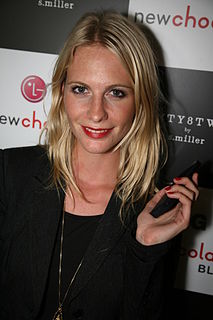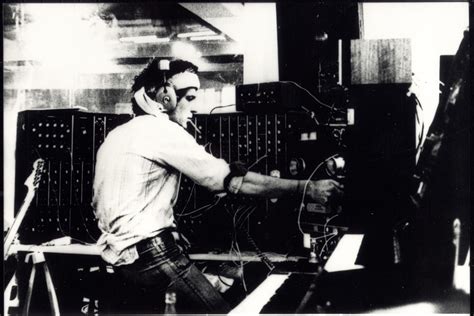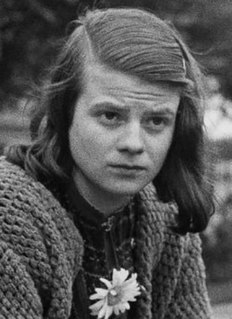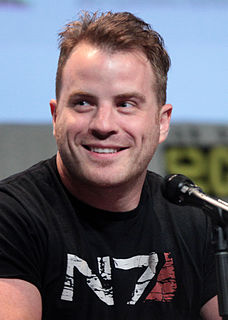A Quote by Elizabeth Hand
I went to college to study drama where I discovered I had no talent and after a period of dropping out majored in cultural anthropology which of course meant more masks and dancing. I studied what interested me and so I had to become a writer because my education had left me unsuited for a decent well-paying job.
Related Quotes
In America, we then made a commitment, particularly after World War II with the GI Bill, to massively expand our commitment to college education, and that meant we had more engineers and we had more scientists and that meant we had better technology, which meant that we were more productive and we could succeed in the global marketplace.
When I was in college, I remember fearing that the dreary grind of adulthood would feature infinitely more existential dread than frat parties had, but the opposite has been true for me. I'm much less likely to feel that gnawing fear of aimlessness and nihilism than I used to be and that's partly because education gave me job opportunities, but it's mostly because education gave me perspective and context.
I felt I had nothing more to say. Everything would have had to be a replay of the previous two or three albums, and that decided me to stop. What bothered me most was not playing guitar at all anymore. I felt I had no more contact with the instrument. It was just a piece of wood to me. I even thought music had definitely left me. After fourteen albums, there may be an overload phase, a sort of lassitude.
I only knew classical music, which to me was the only true music. The only way I could survive at the bar was to mix the classical music with popular songs, and that meant I had to sing. What happened was that I discovered I had a voice plus the talent to mix classical music together with more popular songs, which at the time I detested.
When I was able to get home it first hit me that you had left and I couldn't do anything about it. Every day before that an evening with you was waiting for me after school, now no more, strange feeling. I had grown too accustomed to your warmth. That is also a danger. At home I looked at the notebooks that you had bought and I got the stupidest surge of hope that I'd find something of you, something especially for meant for me. I would so much like to have something of you that I could always keep by me, that nobody else would notice.
I was a very sickly kid. While I was in the hospital at age seven, my Dad brought me a stack of comic books to keep me occupied. And I was hooked. When my eighth grade art teacher, Mr. Smedley, told me he thought I had actual art talent, I decided to devote all my efforts in that direction in the hope that I might someday get into the comics biz. I became an art major, took every art class my school had to offer. In college, I majored in Advertising Art and Design.
The headmistress was a very well-respected theater teacher. She taught me what stage left and stage right were, what a director was, and what all these things meant, which was something I had no concept of. She sent me off to drama school, at age 18, and I stayed there for three years. Before I knew it, I was working on a TV show.
